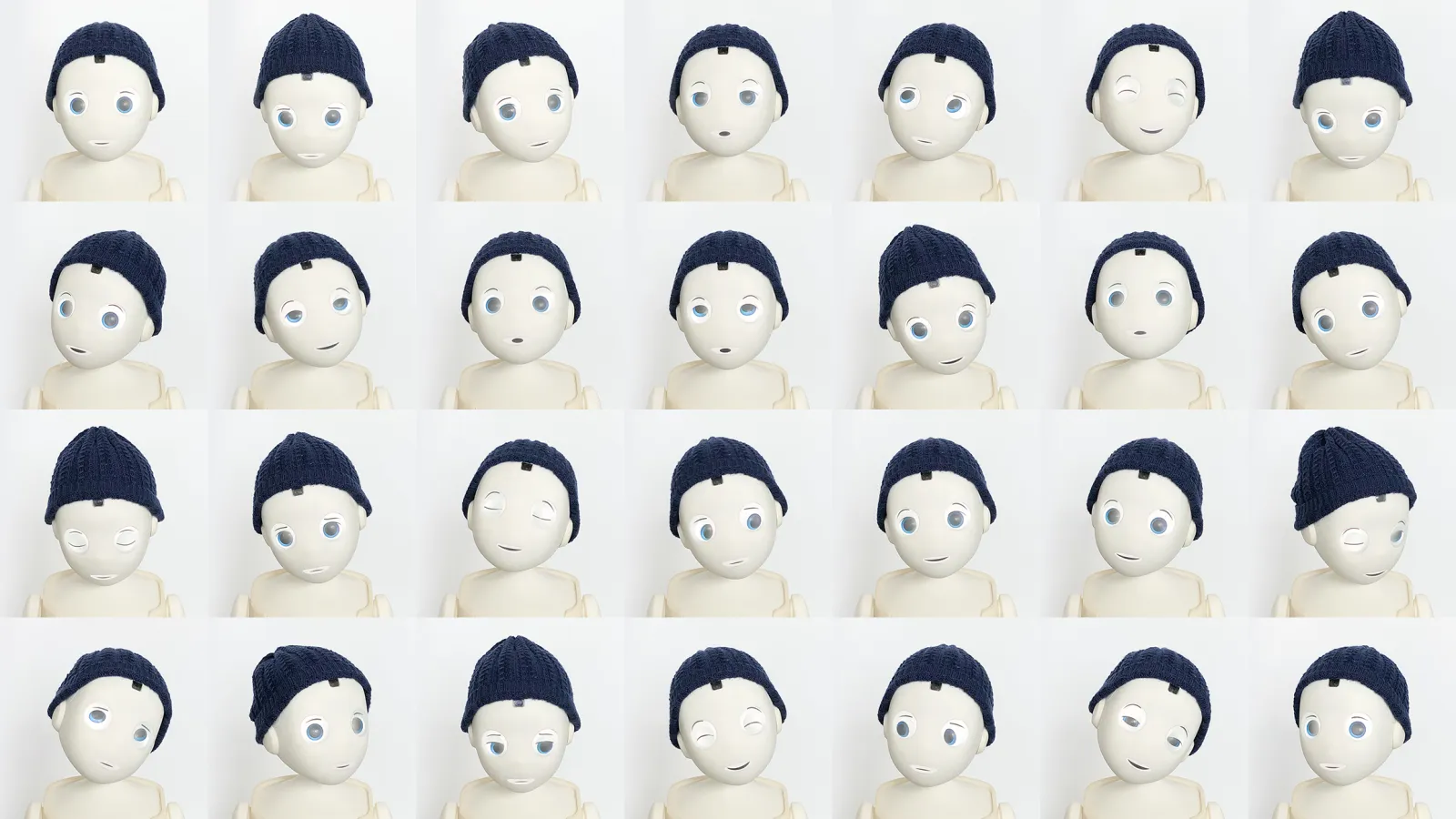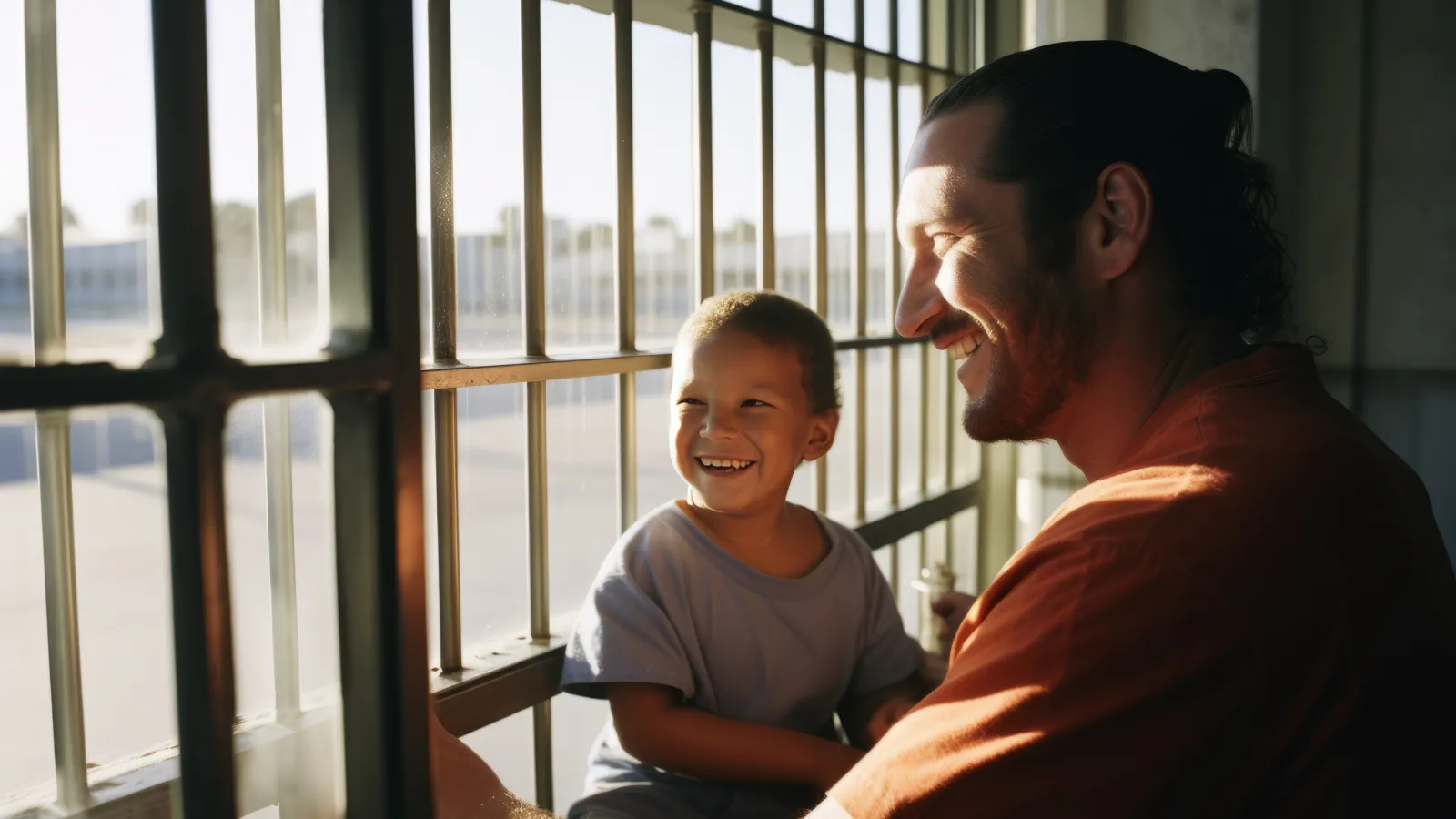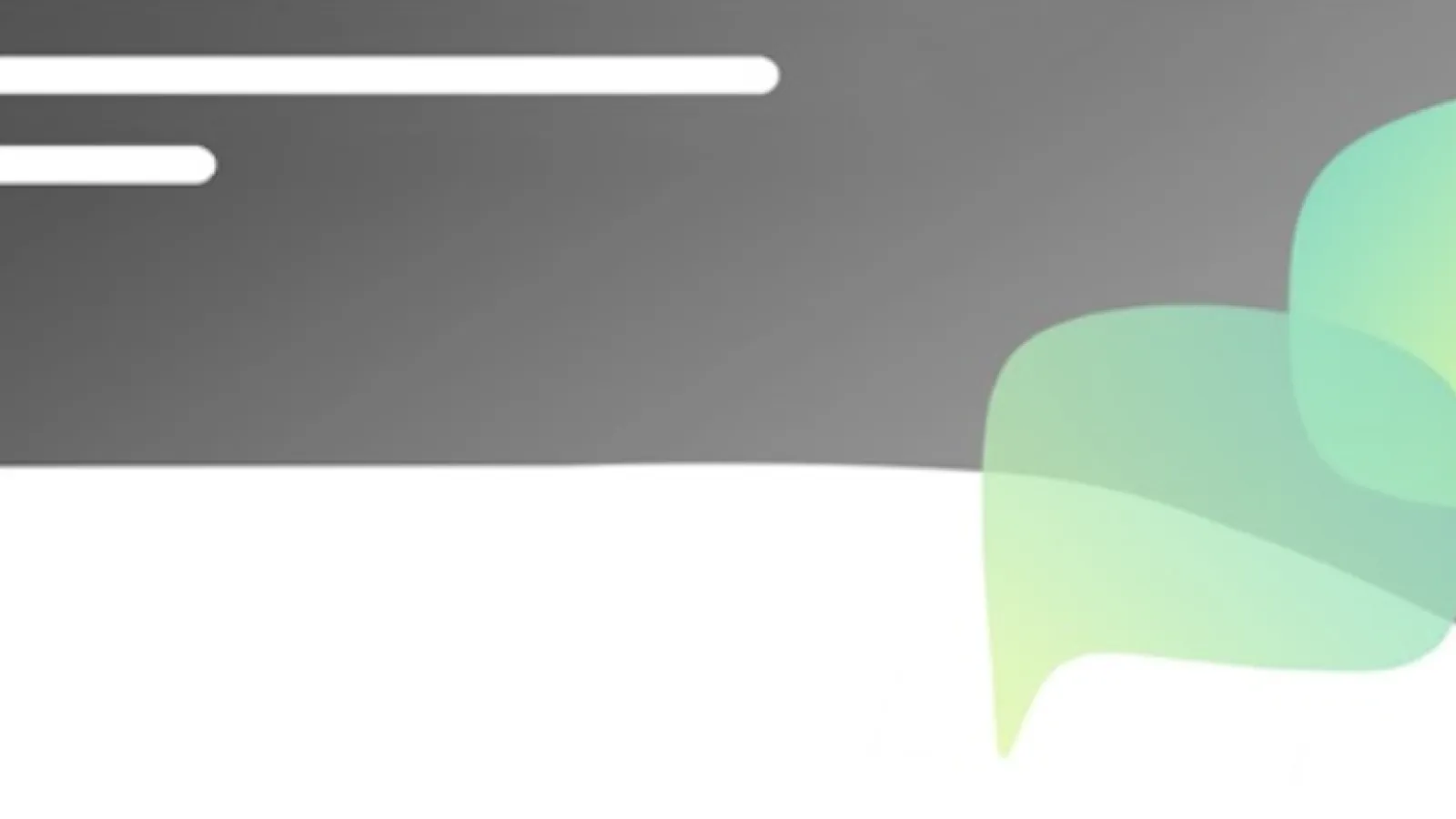Projects of the Social and Educational Sciences Department
Certificate Programme "Fan- und Zuschauermanagement" (FZM)
The aim of the certificate programme is to provide scientific, conceptual, strategic and action-oriented skills for managerial, planning, coordinating and evaluating activities in the field of fan and spectator management.
ÜberAl – Transitions of Deaf and Hard of Hearing People in Working Life
The research project funded by the Hans Böckler Foundation is investigating the challenges and needs of employees who sign during career transitions.
Early Help in a Clinical Setting for (Expectant) Parents with Mental Illness and at Risk of Addiction
The measure "Early help in a clinical setting for (expectant) parents with mental illness and at risk of addiction " is being developed in order to transfer parents under stress from inpatient to outpatient structures, to strengthen cooperation within early help and to ensure support during pregnancy and parenthood.
Human-Robot Interaction in Social Robotics
The aim of the project, which is subsidised by the European Regional Development Fund, is to set up an interdisciplinary test and experimental environment for social robots.
Fatherhood in the Penal System
A pilot study on the construction of parenthood by fathers in prison.
#GesellschaftBilden in the Digital Age. Perspectives of Social Work on Technological Challenges
The project establishes a cross-university network on digitalisation in social work as a subject of cooperative research and teaching.
Communicative Appropriation of Digital Sports
An explorative analysis of chat communication in eSports using the example of the Paris Major Blast 2023
SocialGestures – Gestures as Cultural Markers: The Importance of Tact Gestures for Social Preference and Learning in Childhoos and Early Childhood in France and Germany
SocialGestures is a joint research project of the University of Applied Sciences Potsdam and the Université Grenoble Alpes. The project was developed jointly and is being carried out under joint responsibility. It is funded by the German Research Foundation (GR 4756/3-1).
Prison Architecture – Use of Space and Everyday Experience in a Berlin Prison
The research interest of the ethnographic study concerns the perception of prison architecture as well as the practices of space use and space appropriation by prisoners and staff in a Berlin correctional facility.
Event Series "Elternwissen" with the Healthy Kids Network Potsdam
Events for parents with infants and toddlers aged 0 to 3 years with topics about parenting and child development in the first three years of life
Innovative Digital Media as a Learning Environment for Challenging Forms of Conversation in Social Professions
In the "ConvoQuest" project, innovative digital media as learning environments are being investigated and tested. The project focuses on a course at the FH Potsdam from the summer term of 2023, in which students developed prototypical, innovative learning environments. In the future, these can be used as a source of knowledge for questions about conversation techniques.
Self-help in the Context of Addiction, Penal System and Release from Prison
The study examines addiction self-help services in prison and after release from prison.








